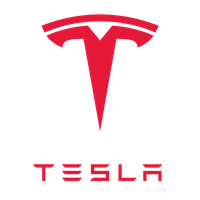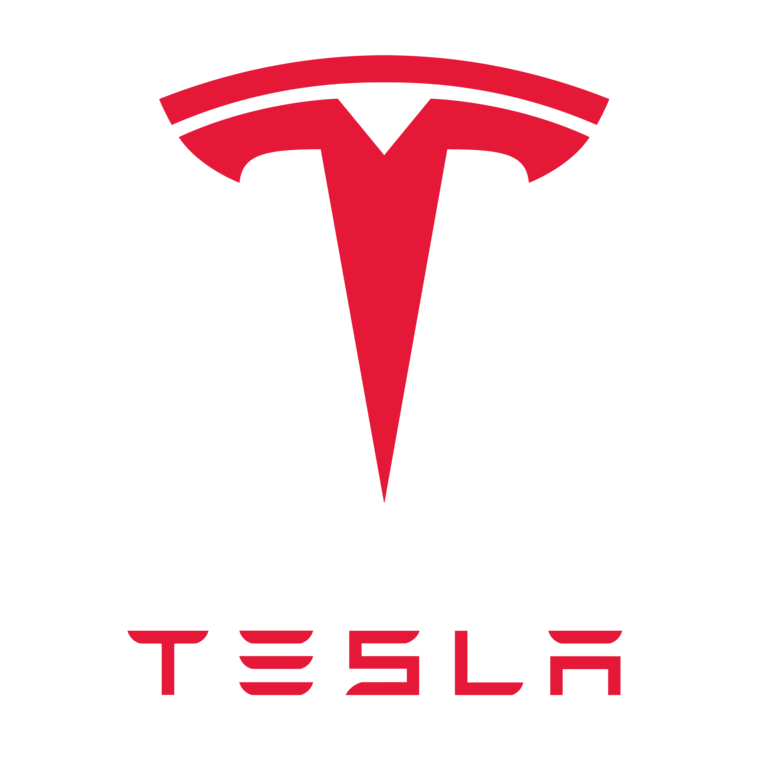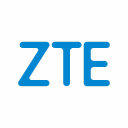
Tesla Inc
NASDAQ:TSLA

Intrinsic Value
The intrinsic value of one
 TSLA
stock under the Base Case scenario is
45.61
USD.
Compared to the current market price of 227.5 USD,
Tesla Inc
is
Overvalued by 80%.
TSLA
stock under the Base Case scenario is
45.61
USD.
Compared to the current market price of 227.5 USD,
Tesla Inc
is
Overvalued by 80%.
The Intrinsic Value is calculated as the average of DCF and Relative values:

Valuation History
Tesla Inc

Fundamental Analysis

Heavy reliance on Elon Musk’s personal brand introduces key-person risk, as controversial behavior or distraction from Tesla’s core operations could erode consumer sentiment and investor confidence.
Tesla’s vertically integrated manufacturing, including advanced battery production in its Gigafactories, enables lower costs and preserves robust margins relative to peers.

Revenue & Expenses Breakdown
Tesla Inc

Balance Sheet Decomposition
Tesla Inc

| Current Assets | 58.4B |
| Cash & Short-Term Investments | 36.6B |
| Receivables | 4.6B |
| Other Current Assets | 17.2B |
| Non-Current Assets | 63.7B |
| PP&E | 51.5B |
| Intangibles | 1.5B |
| Other Non-Current Assets | 10.7B |
Free Cash Flow Analysis
Tesla Inc

| USD | |
| Free Cash Flow | USD |
Earnings Waterfall
Tesla Inc

|
Revenue
|
97.7B
USD
|
|
Cost of Revenue
|
-80.2B
USD
|
|
Gross Profit
|
17.5B
USD
|
|
Operating Expenses
|
-9.7B
USD
|
|
Operating Income
|
7.8B
USD
|
|
Other Expenses
|
-630m
USD
|
|
Net Income
|
7.1B
USD
|
TSLA Profitability Score
Profitability Due Diligence

Tesla Inc's profitability score is 56/100. The higher the profitability score, the more profitable the company is.

Score
Tesla Inc's profitability score is 56/100. The higher the profitability score, the more profitable the company is.
TSLA Solvency Score
Solvency Due Diligence

Tesla Inc's solvency score is 91/100. The higher the solvency score, the more solvent the company is.

Score
Tesla Inc's solvency score is 91/100. The higher the solvency score, the more solvent the company is.
Wall St
Price Targets
TSLA Price Targets Summary
Tesla Inc

According to Wall Street analysts, the average 1-year price target for
 TSLA
is 330.16 USD
with a low forecast of 25.11 USD and a high forecast of 577.5 USD.
TSLA
is 330.16 USD
with a low forecast of 25.11 USD and a high forecast of 577.5 USD.
Dividends

Current shareholder yield for  TSLA is
.
TSLA is
.
Shareholder yield represents the total return a company provides to its shareholders, calculated as the sum of dividend yield, buyback yield, and debt paydown yield. What is shareholder yield?

The intrinsic value of one
 TSLA
stock under the Base Case scenario is
45.61
USD.
TSLA
stock under the Base Case scenario is
45.61
USD.
Compared to the current market price of 227.5 USD,
 Tesla Inc
is
Overvalued by 80%.
Tesla Inc
is
Overvalued by 80%.


























































 You don't have any saved screeners yet
You don't have any saved screeners yet